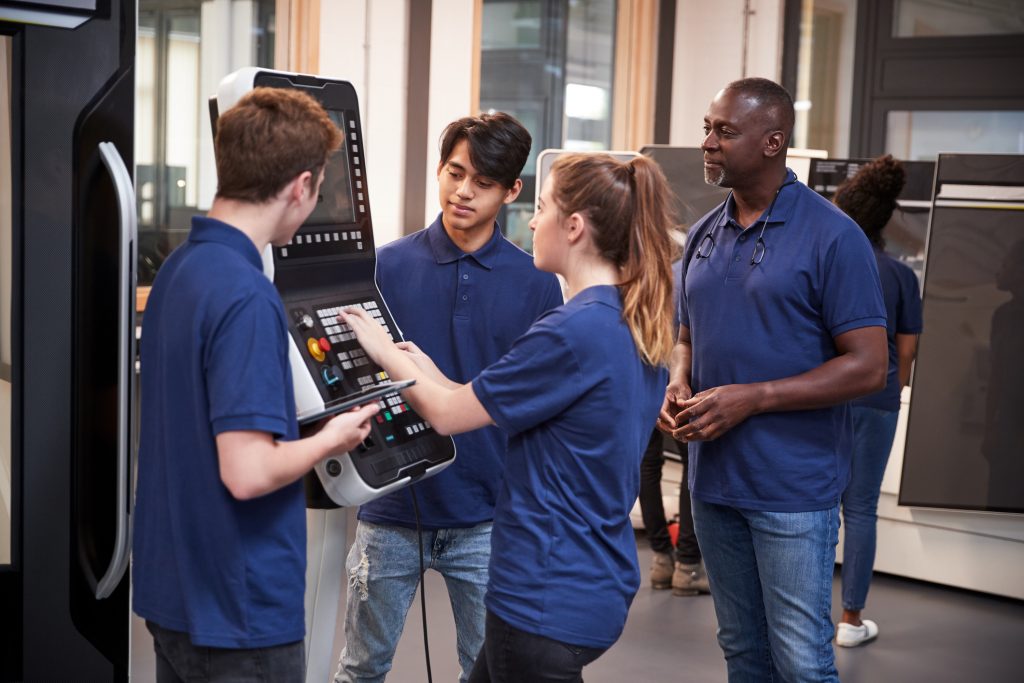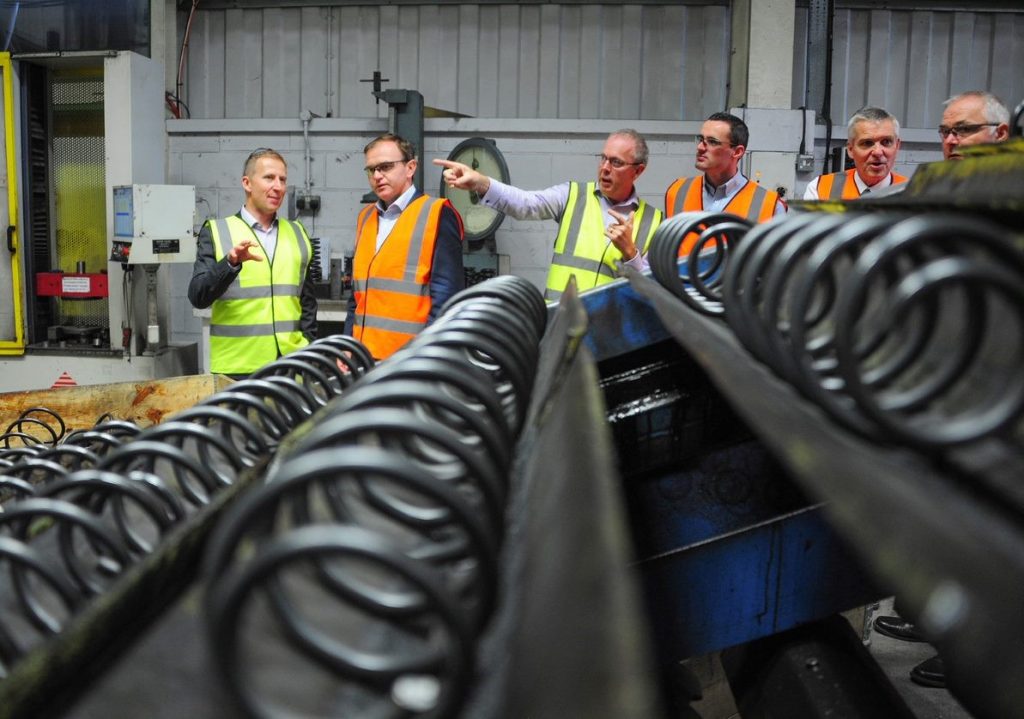Tackling the Manufacturing Talent Shortage
As experienced spring manufacturers, we recognise significant changes within our industry following the Covid-19 pandemic that have affected the in-demand manufacturing job skills.
The skills gap in manufacturing has been around for some time, especially in the UK, and recent research has highlighted how urgent the issue has become. The Annual Manufacturing Report for 2020 showed that British manufacturers, in particular, are fronting the most considerable shortage of skilled workers since 1989.
The introduction of smart factories and advancements in automation is indeed a case for a strong rebound from many businesses. However, it’s essential to address how implementing these new technologies and equipment factors for the skills needed to operate efficiently.
In this blog, we’ll look at the cause of the growing skills gap and how you can combat this by looking at long and short term solutions.
Cause of the Skills Gap in Manufacturing
As mentioned above, our industry has been facing the largest skills shortage in over 30 years. The skills shortage is partially a result of the rapid advances in smart technologies and automated machinery. While manufacturers invest in this efficient equipment, many people currently do not have the right experience or are unaware of the qualifications or skills needed to fill vacant roles.
Let’s explore where you can begin to counteract the growing gap while still investing in the right areas:
Manufacturing Skills of the Future
The manufacturing landscape as we know it is constantly adapting and evolving, which means that more than ever, your workforce needs to be able to adapt and think critically about programming, tools, technology and digital processes.
When you start implementing smart technologies such as big data, cloud computing, senators and industrial IoT, you can report more accurately and streamline your processes by identifying key areas for improvement or boost capacity.
Short-term Solution Ideas
The harsh reality of the growing skills gap is that employees are retiring faster than the rate of new talent joining the industry. Those with experienced workforces should spend time upskilling and re-training. To combat this, you should look at and address areas where there are opportunities to upskill current employees. Choosing to automate basic and valuable processes allows for growth in the areas like software and machine learning development.
Here at European Springs, we prioritise upskilling our workforce as it allows us to build on new and existing team skills, increase productivity, and streamline work processes. When you spend time identifying current or projected gaps within your team, you can then use the data to map a timeline for development, taking into account the equipment or resources that you need.
You can inspire the next generation of manufacturers with attractive apprenticeship opportunities and put a spotlight on the need for skilled young people to join our industry. Apprentices are a great addition to your workforce, and gain the necessary experience by working with an established employer. They not only learn trade skills from your more experienced members of the team but start to take accountability, responsibility and bring a fresh perspective of current operations.
Find out more about how apprenticeships could play a key role in manufacturing’s recovery.
Long-term Changes
There is set to be severe consequences for manufacturing if the skills gap is allowed to continue long-term, especially in relation to productivity, operational costs and failing to meet client demands.
To stay competitive in the market, you must invest time upskilling, reskilling and taking on apprentices. There are many benefits to this, and it’s a much smaller investment than recruiting and hiring a new staff member.
When you train your workforce to current operations and equipment, you can create a well-rounded, multi-skilled workforce capable of increasing overall efficiency and product quality. You implement this by setting achievable goals with each employee and encourage development through regular courses and learning opportunities — personal development plans (PDPs) are an effective way to record progress and target key areas.

With over 70 years of experience as spring manufacturers, we’re proud to invest heavily in our workforce, develop our people for the future and push the boundaries presented by the growing skills gap.
By welcoming apprentices each year, we’re able to see the benefits first-hand of having a development plan in place, and many of our qualified apprentices continue to grow their skills as spring technicians.
If you would like any more information about any of the services or products that we provide including tension springs and compression springs, contact European Springs with your enquiry. Our experienced team will be happy to answer your questions.


